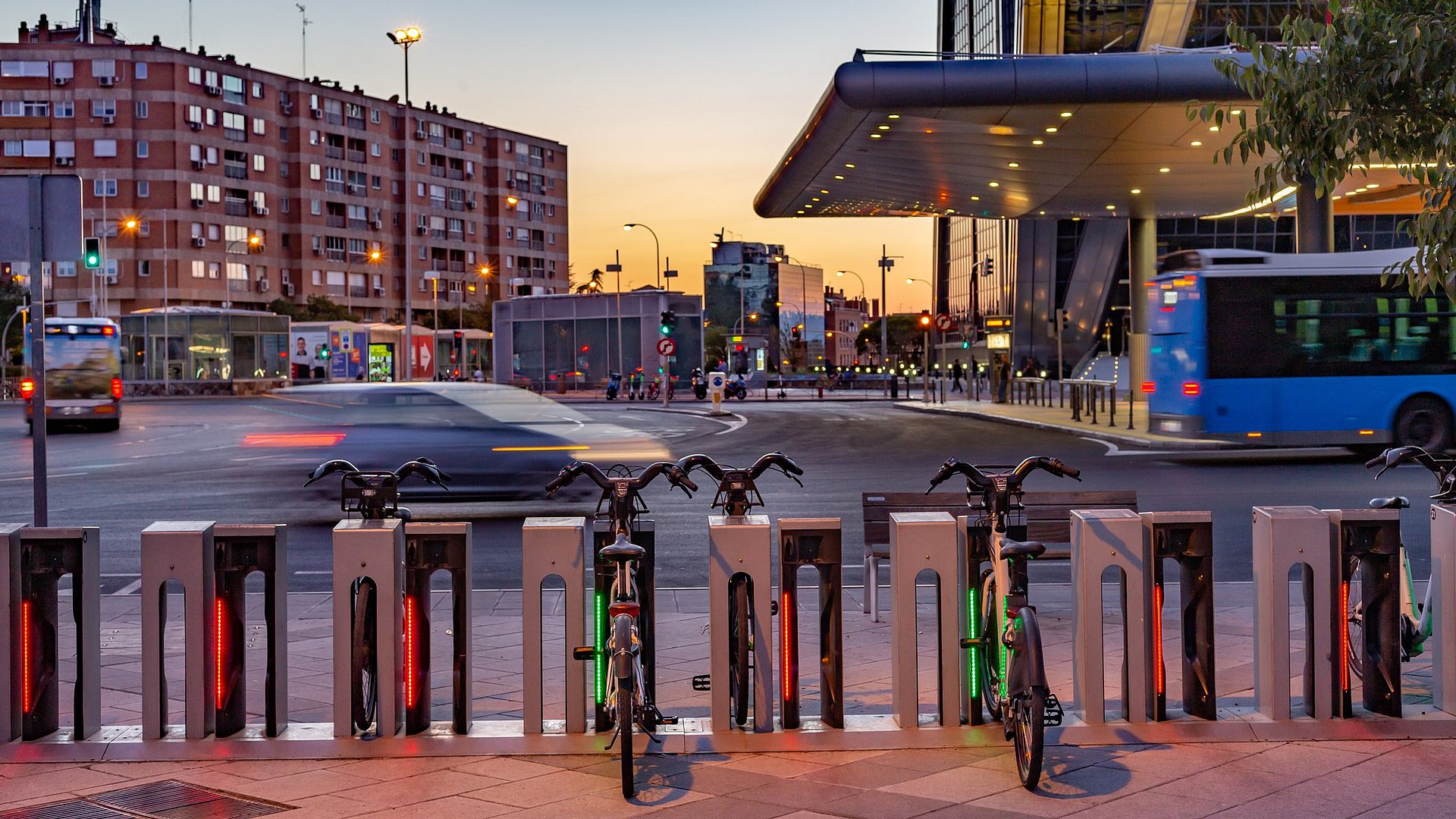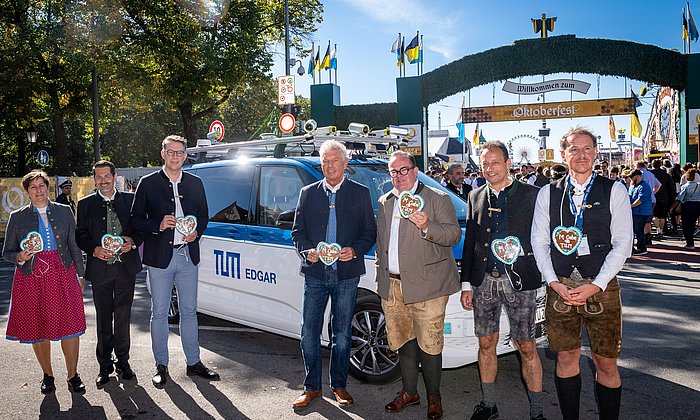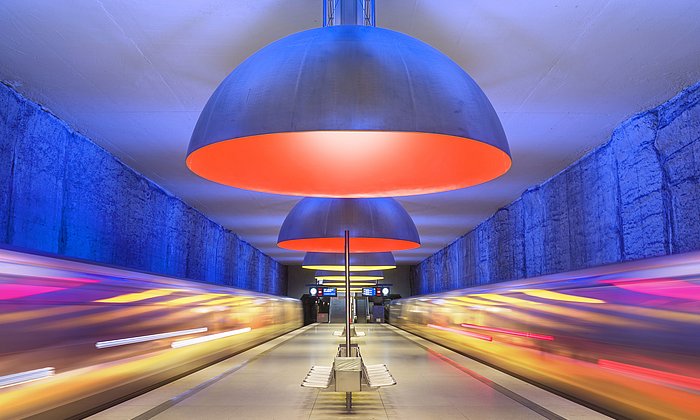MCube's five-point scientific plan for the future of mobility
Call for fundamental change in German mobility policy

MCube proposes concrete measures in a scientifically sound five-point plan:
1. Promote sustainable mobility
- Reduce CO₂ emissions, improve quality of life, and secure jobs.
- Expand local public transport and consistently strengthen cycling and walking.
- Enable electric mobility across the board - especially in rural regions.
2. Accelerate mobility innovations across all sectors
- Network research and practice more closely - through transfer agencies and real-world laboratories.
- Promote autonomous driving in a targeted manner, especially in public transport.
- Digital incentive systems such as mobility coins to promote sustainable transport behavior.
3. More responsibility and autonomy for local authorities
- Make local transport planning more flexible and better networked.
- Strengthen municipalities in the introduction of 30 km/h zones, parking space management, and sustainable traffic planning.
- Organize commuter transport more efficiently - with seamless connections and uniform tickets.
4. Holistic planning of mobility and space
- Rethink urban planning: more space for people, less for cars.
- Design train stations and transportation hubs as attractive meeting places.
- Public transport-oriented urban development as the key to less forced commuting.
5. Strengthen social and political framework conditions
- Make mobility accessible and affordable for all as a public good.
- Reduce climate-damaging subsidies and promote sustainable alternatives.
- Initiate a broad social dialog on the future of mobility.
The detailed five-point plan can be downloaded here.
Not a question of technology but of will
MCube Co-Director Prof. Markus Lienkamp, Head of the TUM Chair of Automotive Engineering, emphasizes: "Mobility is more than just getting around - it is the backbone of the German economy, a driver of innovation and a key to climate neutrality. However, the current picture is characterized by congested roads, fragmented measures, and an outdated industrial policy."
MCube Managing Director Oliver May-Beckmann advocates a scientifically sound mobility policy: "The mobility of the future is not a question of technology - it is a question of will. Germany can become a pioneer of sustainable mobility. This requires scientifically sound strategies, decisive action, and social support."
-
The Munich Cluster for the Future of Mobility in Metropolitan Regions (MCube), managed by the Technical University of Munich, uses the unique geographical concentration of innovation players in the mobility sector in the Munich region to develop scalable mobility solutions with a model character for metropolitan regions in Germany and worldwide. The 50 MCube partners are committed to sustainable, efficient and socially just mobility with the aim of realizing leap innovations with great economic impact and high solution potential for global challenges.
MCube is one of seven so-called future clusters recognized by the German government. The project runs from November 2021 to October 2030 and is led by the Technical University of Munich. Central cluster members are the City of Munich, Stadtwerke München, UnternehmerTUM, SAP, BMW and the Bavarian State Government - together with currently over 50 other partners from science, business, start-ups and civil society. The cluster will receive EUR 45 million in funding from the Federal Ministry of Education and Research over nine years. MCube is researching the entire spectrum of the mobility transition, developing and testing innovative solutions - from autonomous driving in public transport and comprehensive electromobility to new legal foundations for mobility planning, from the redistribution of public space to new networked mobility services. www.mcube-cluster.de
Technical University of Munich
Corporate Communications Center
- Ulrich Meyer
- presse@tum.de
- Teamwebsite
Contacts to this article:
Oliver May-Beckmann
Managing Director
MCube
Technical University of Munich (TUM)
Tel. +49 176 433 602 58
oliver.may-beckmann@mcube-cluster.com
www.mcube-cluster.de



